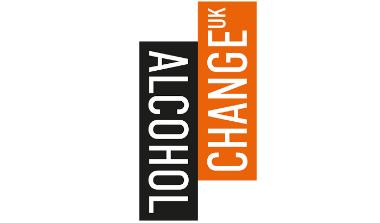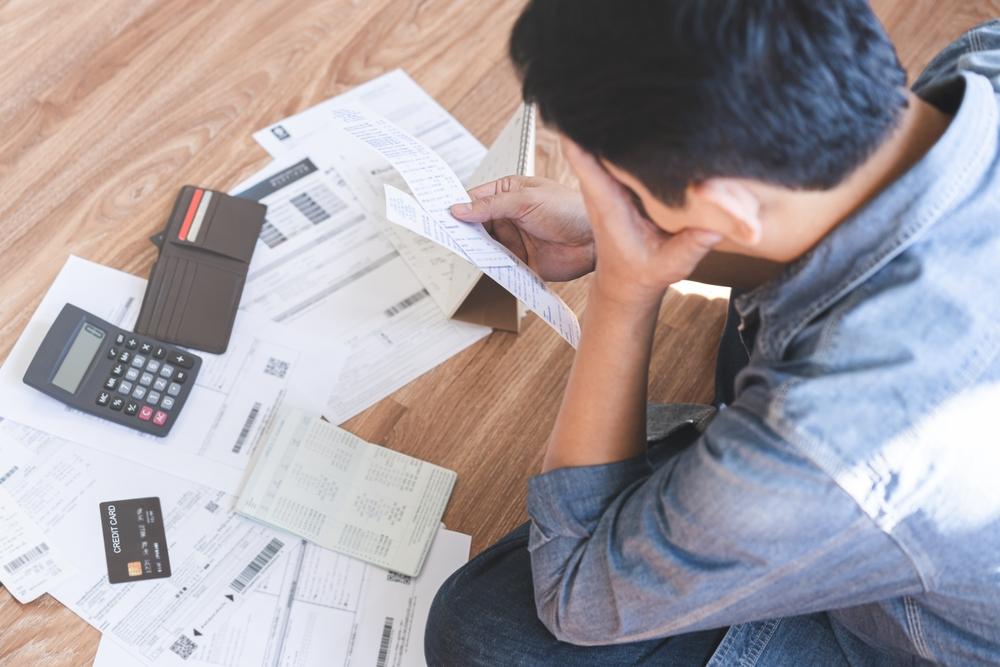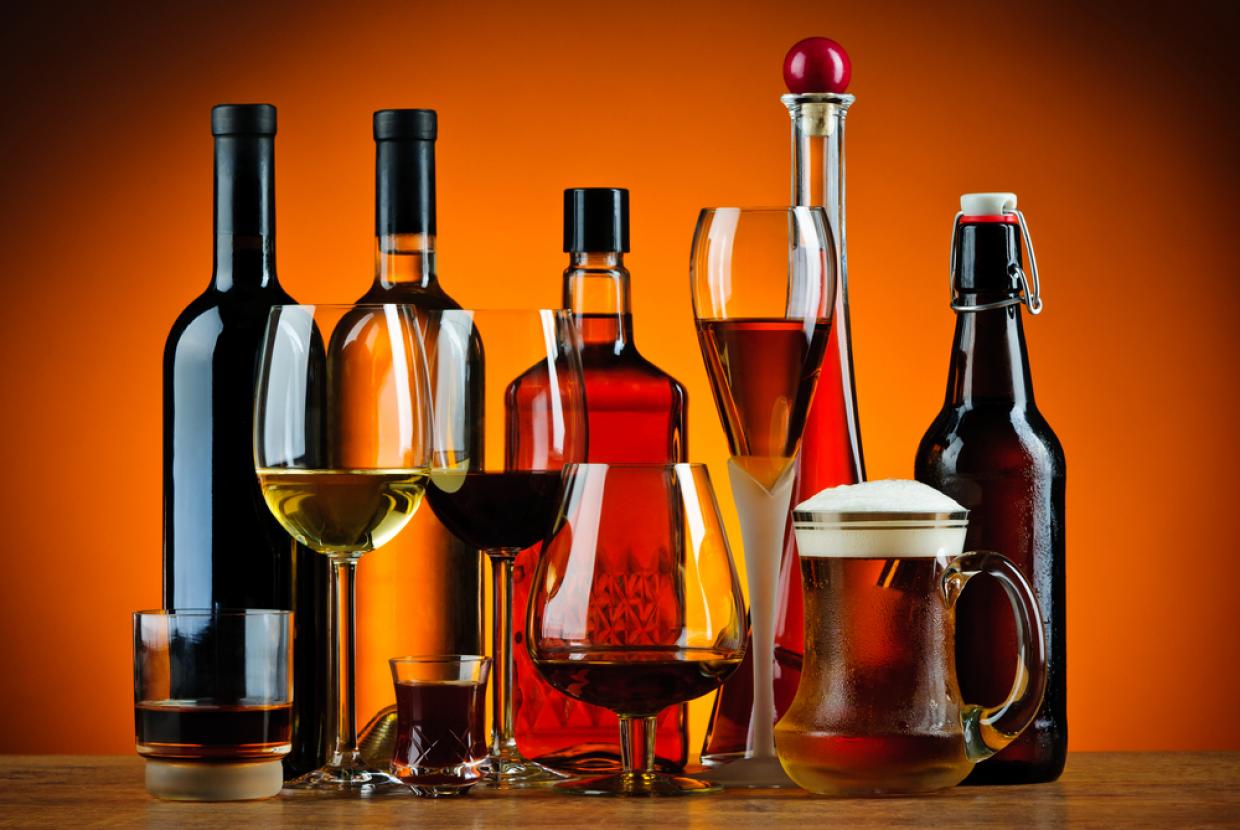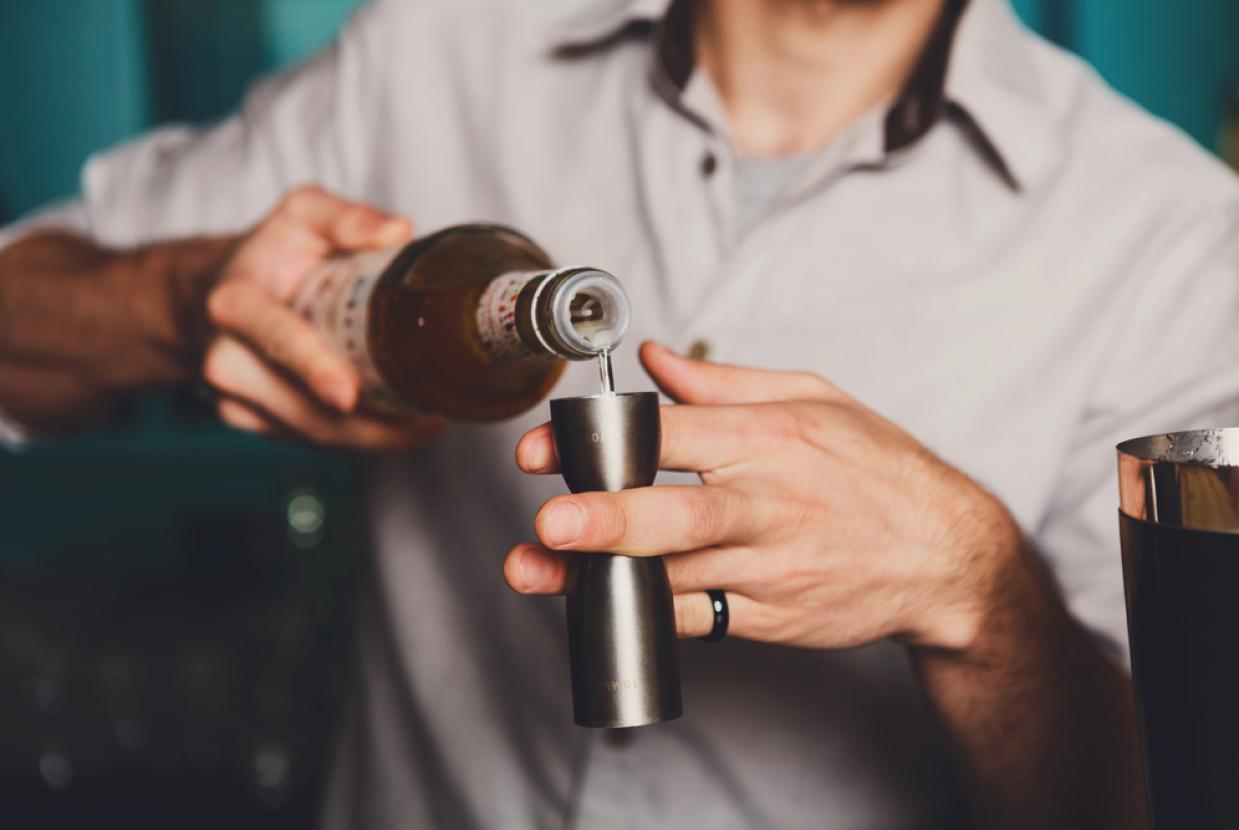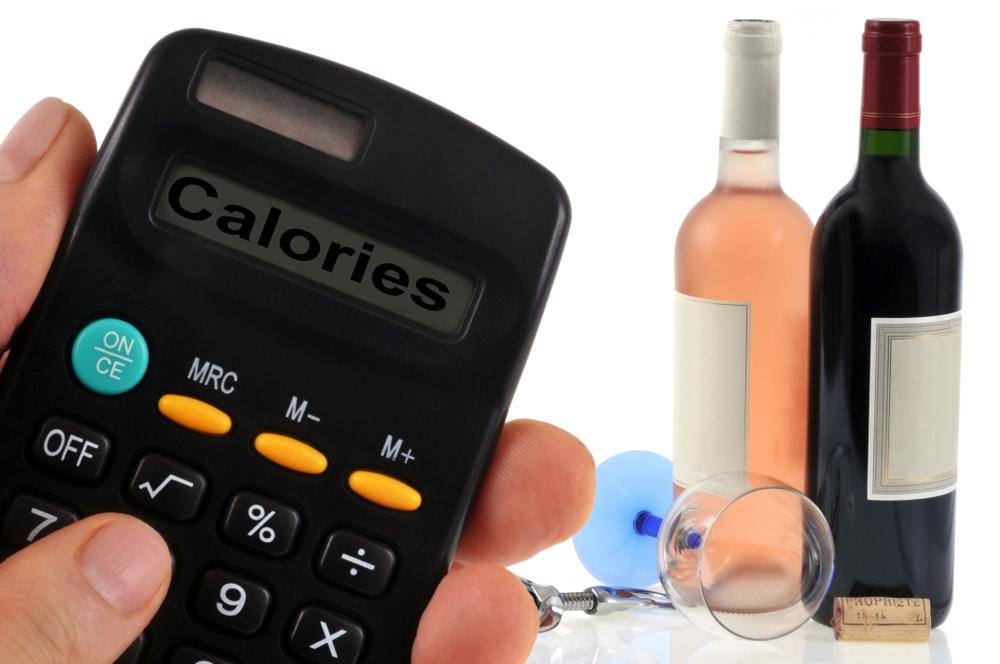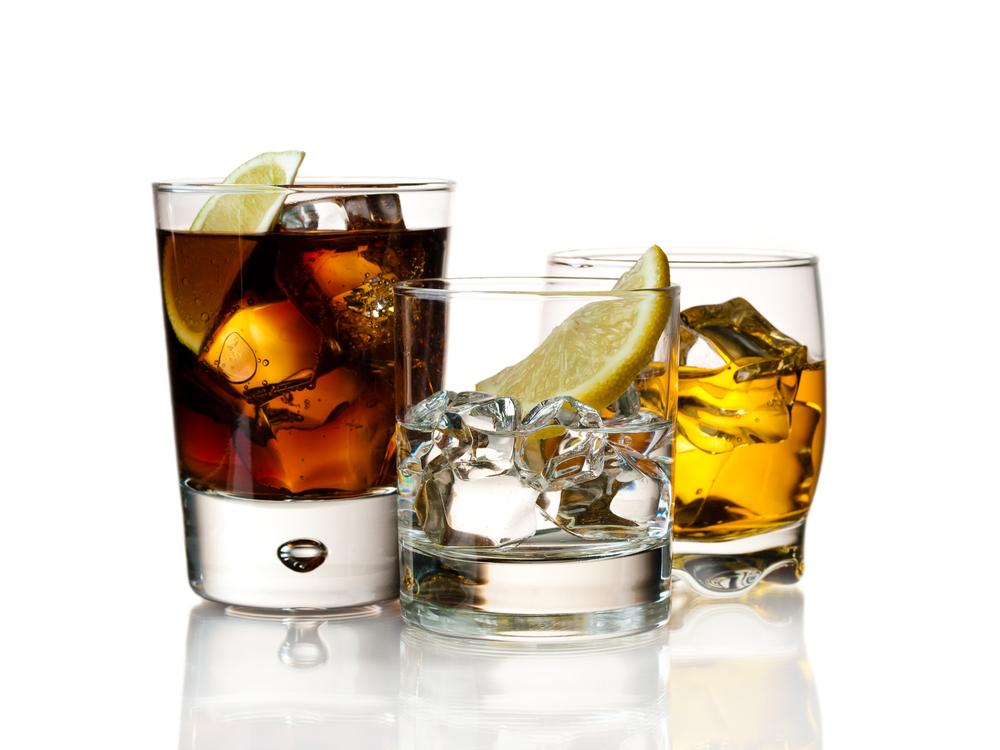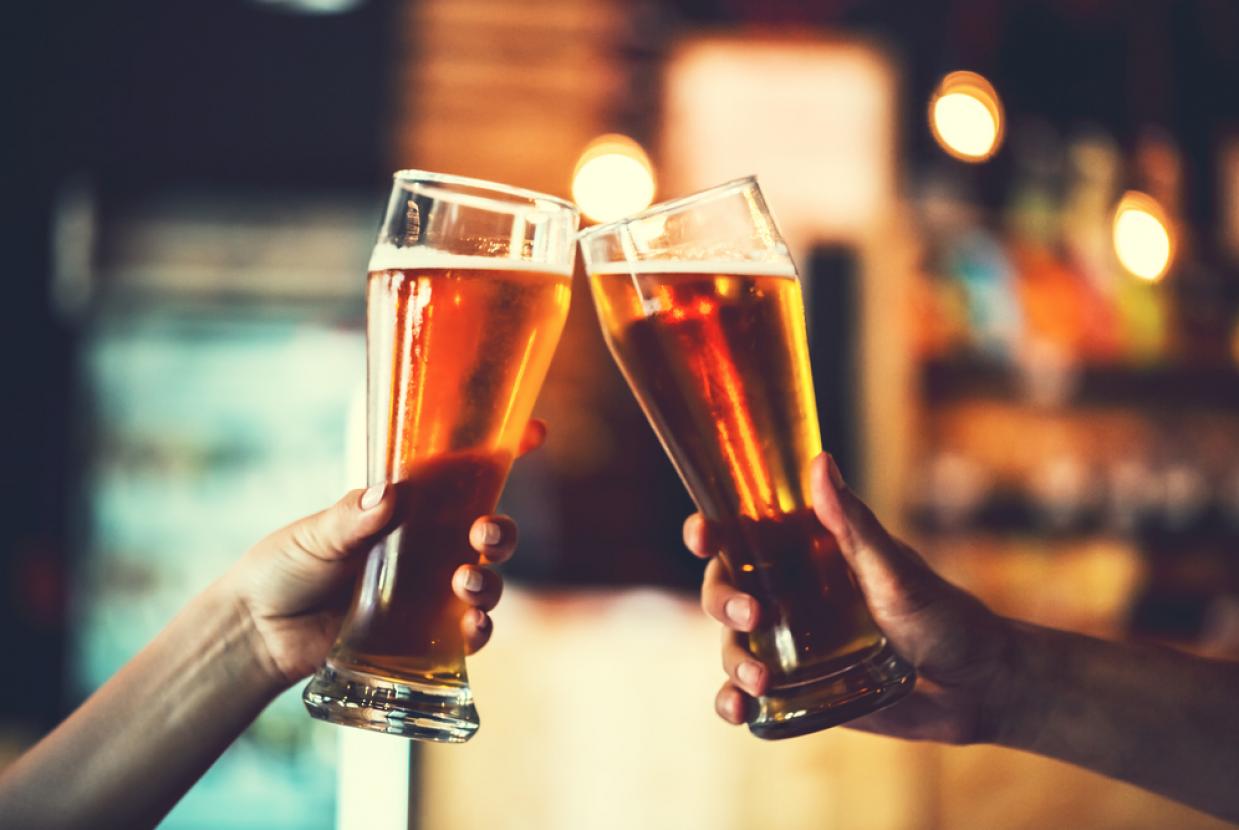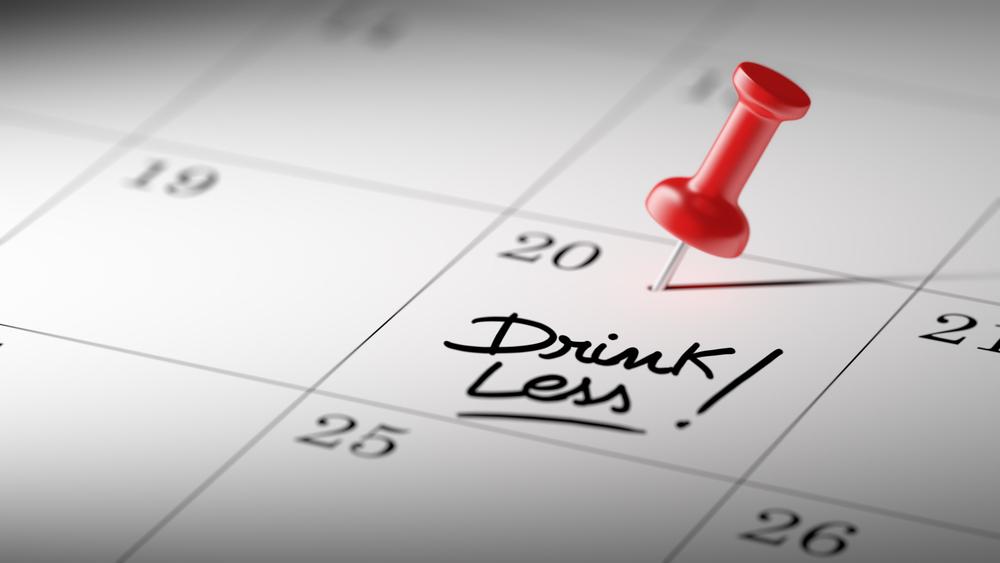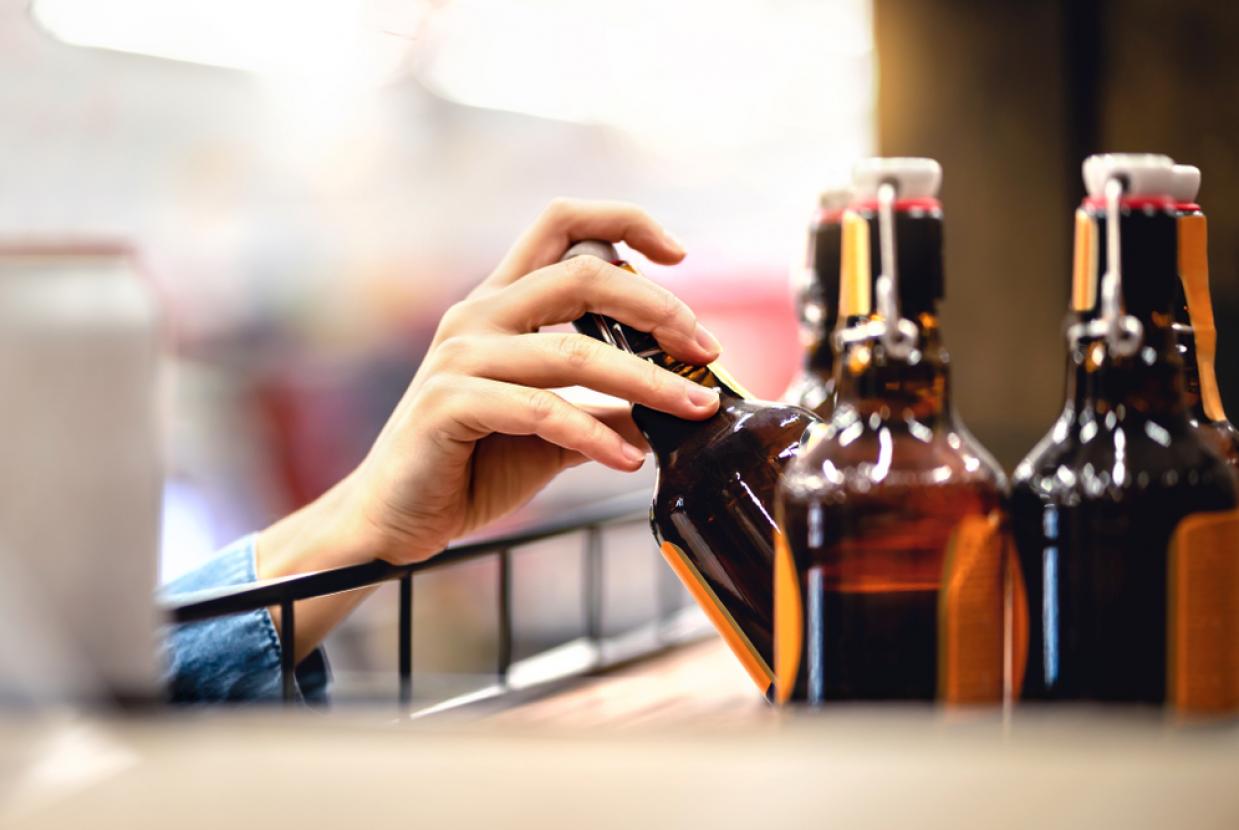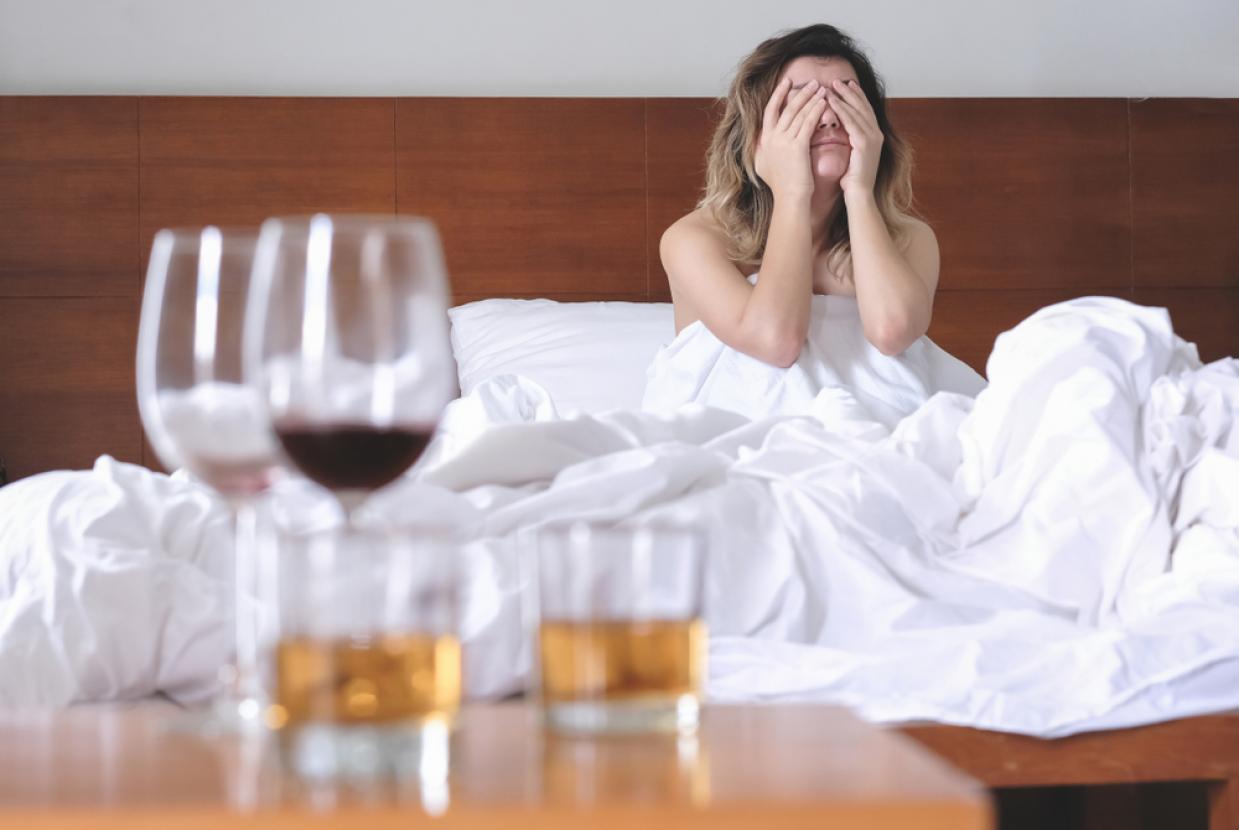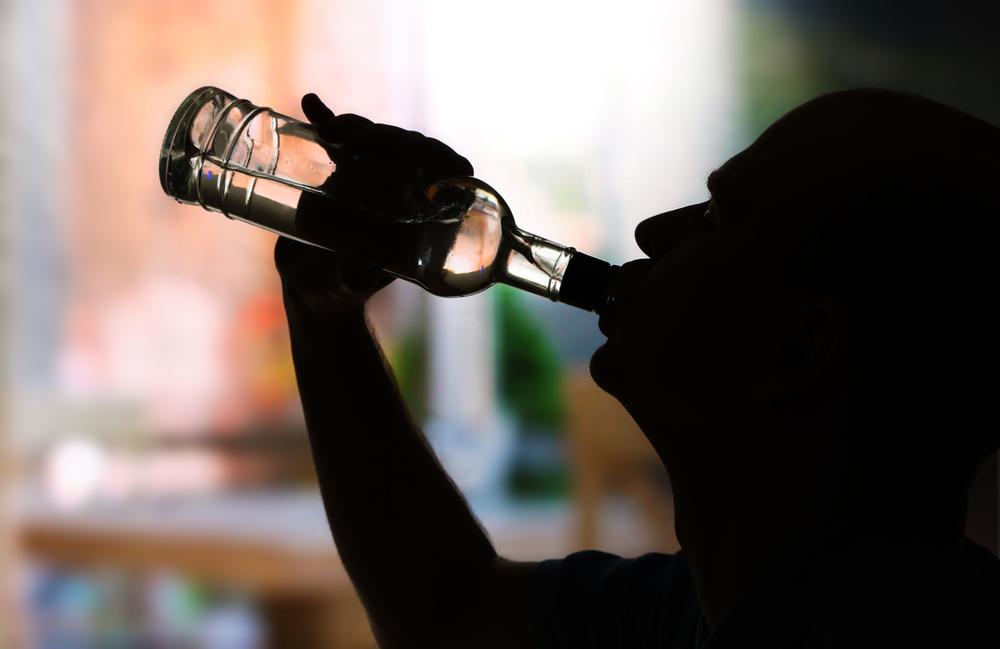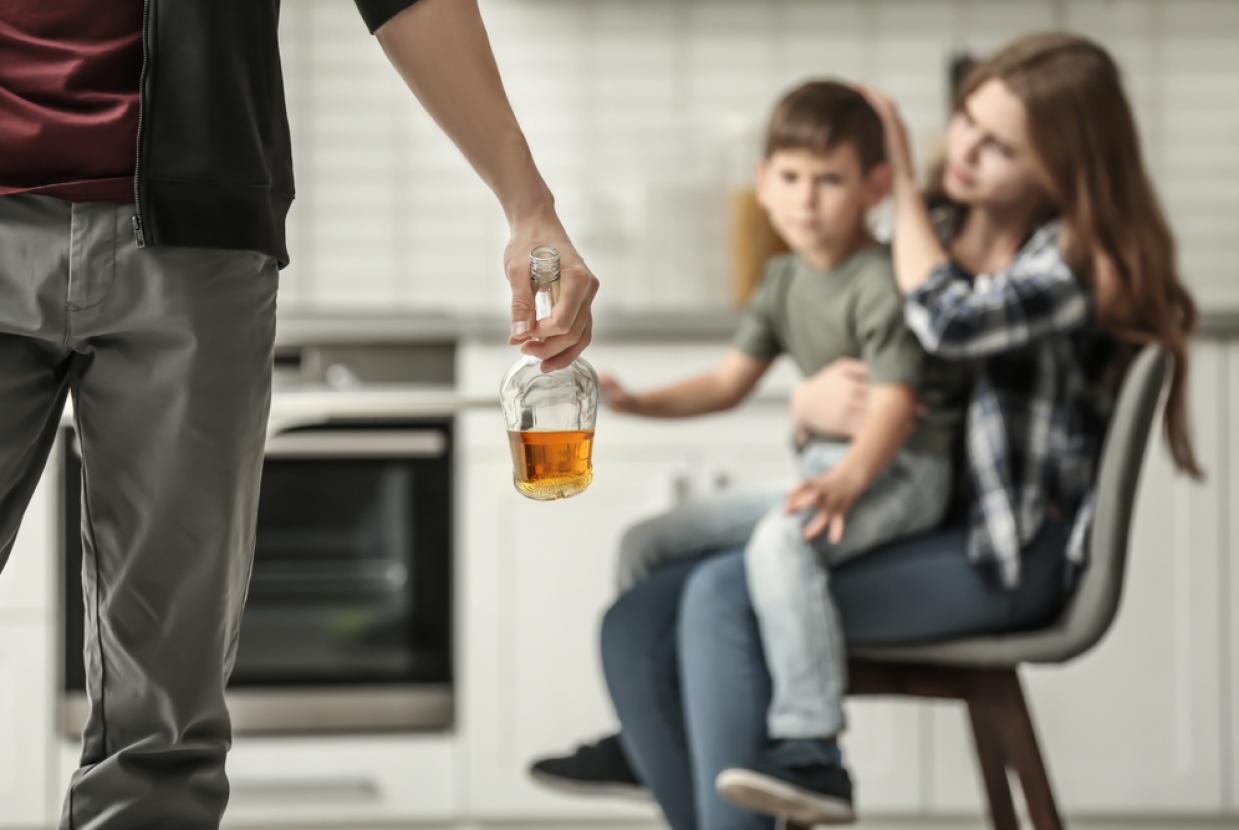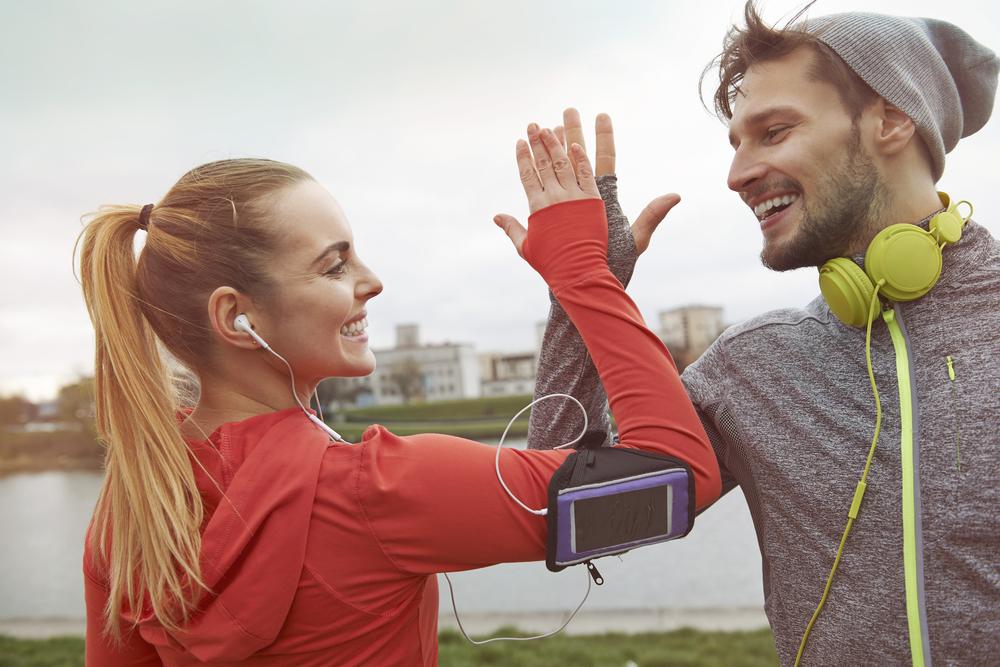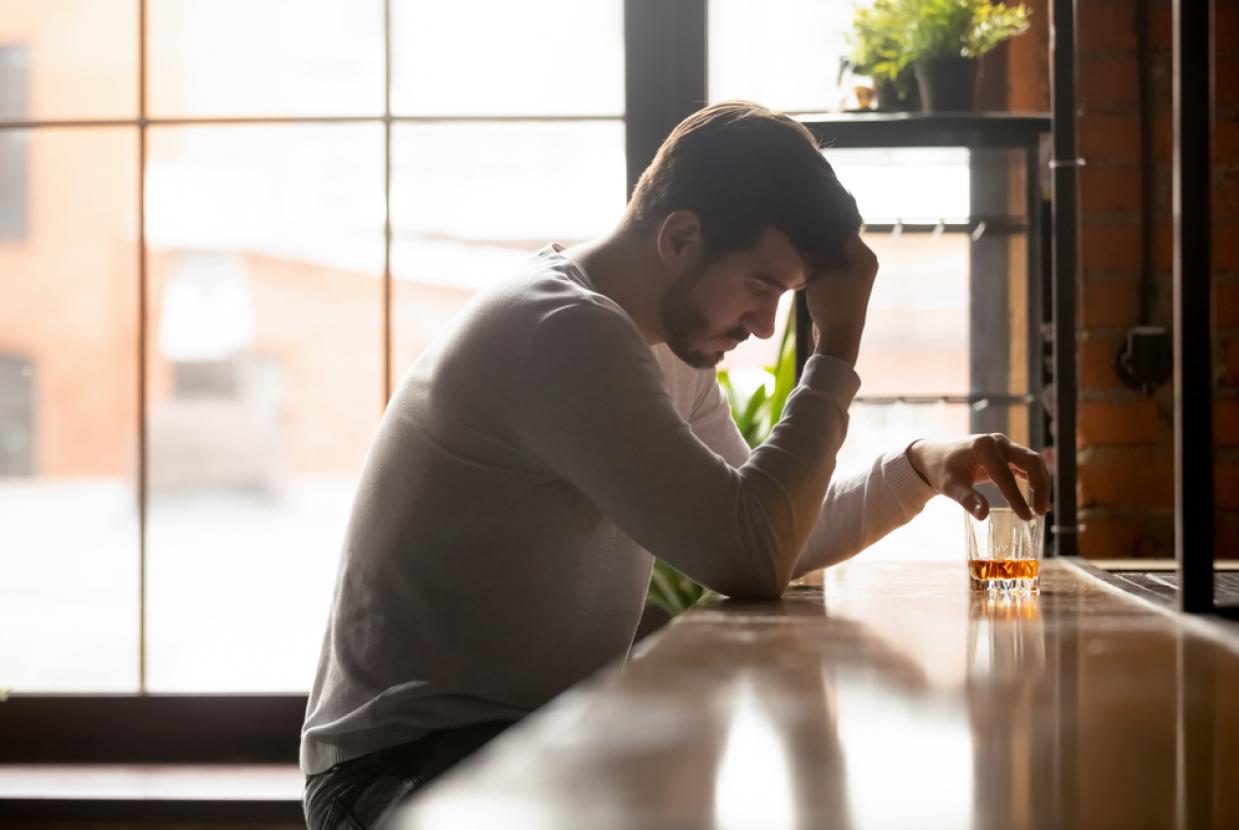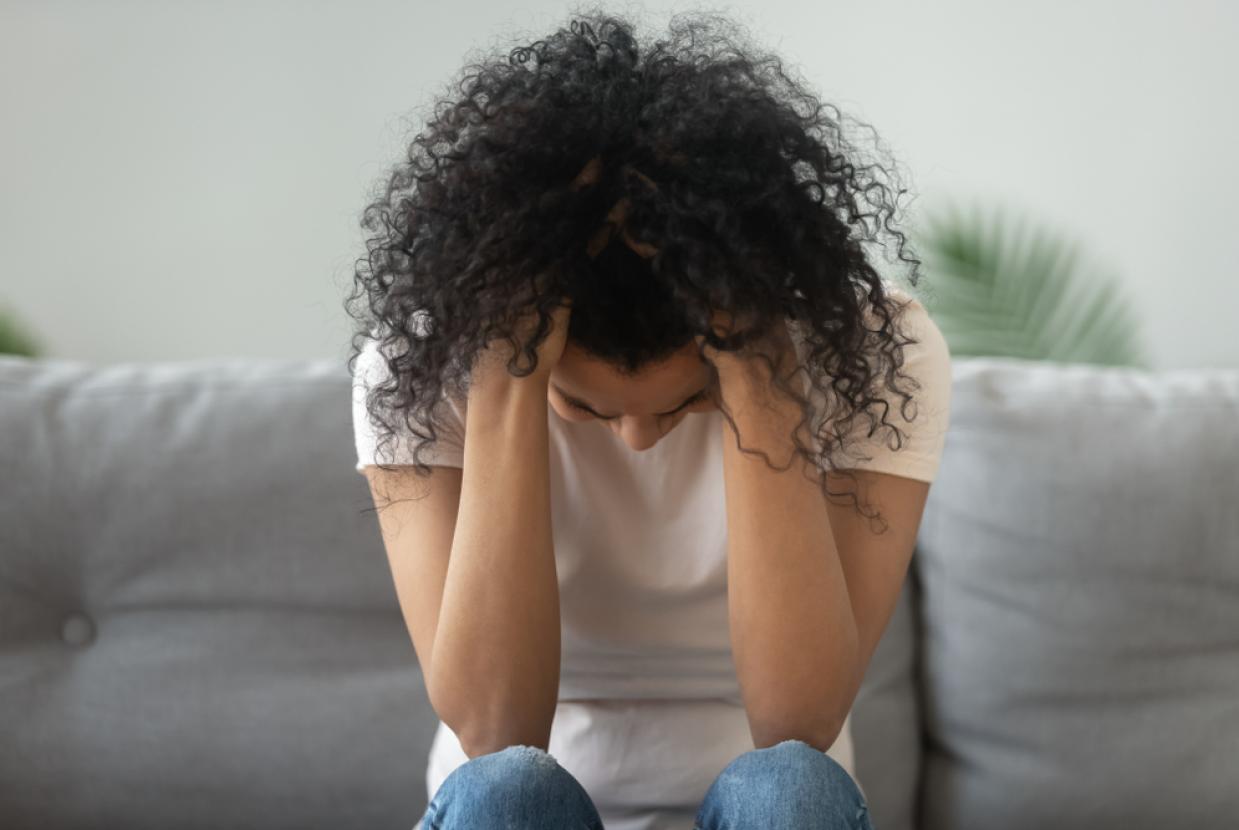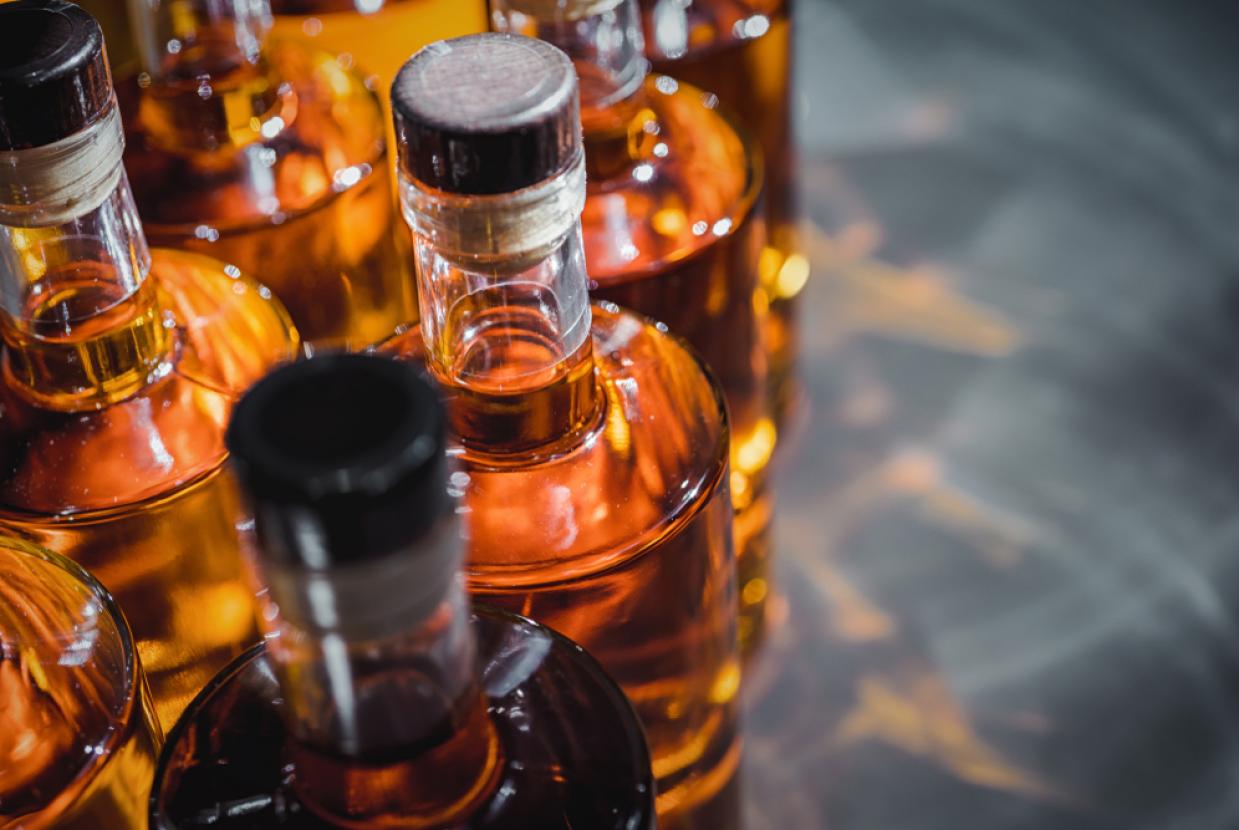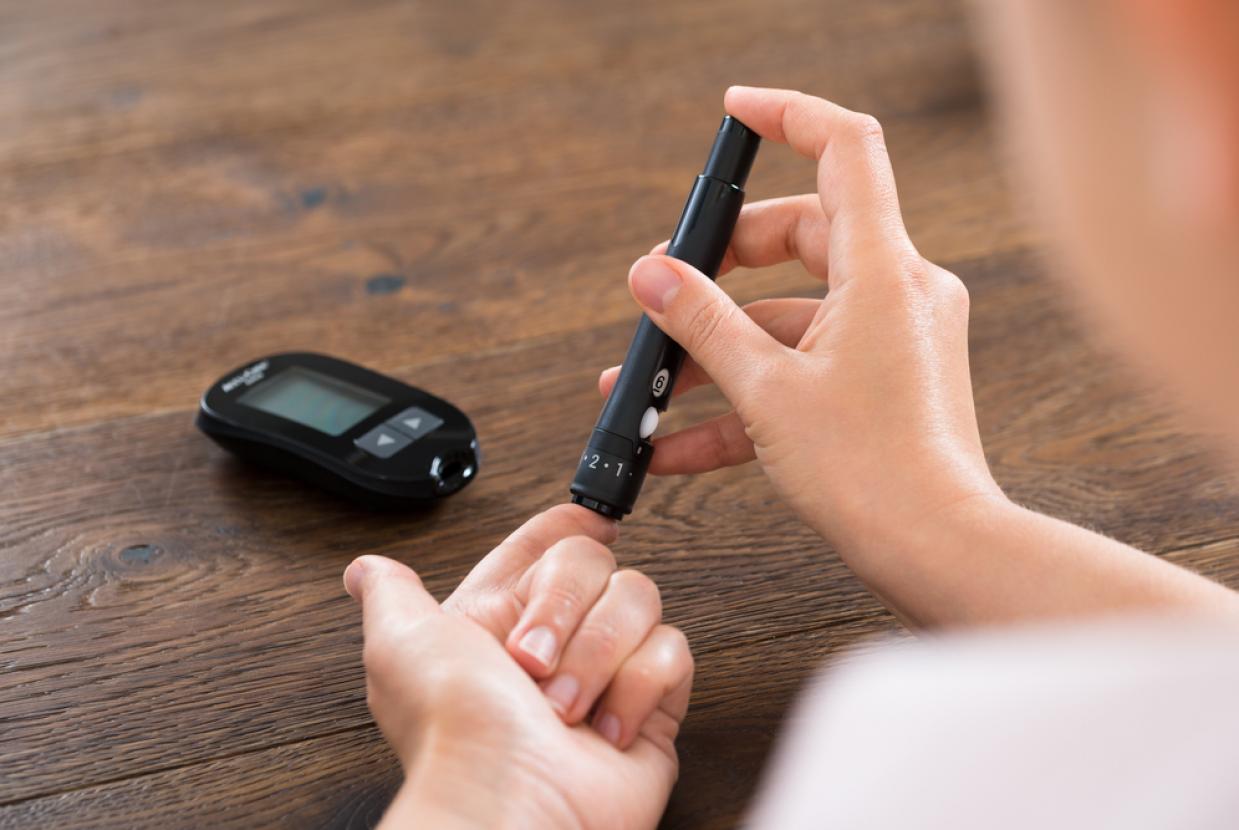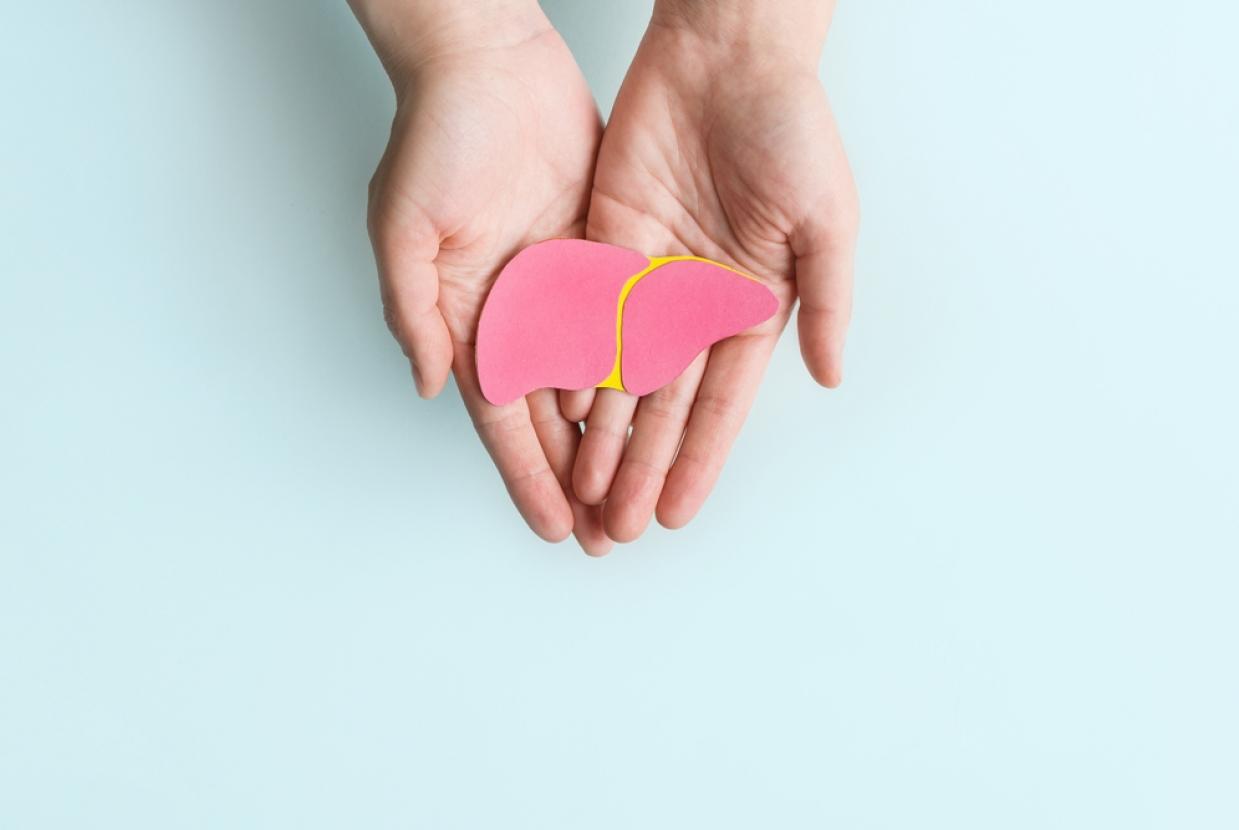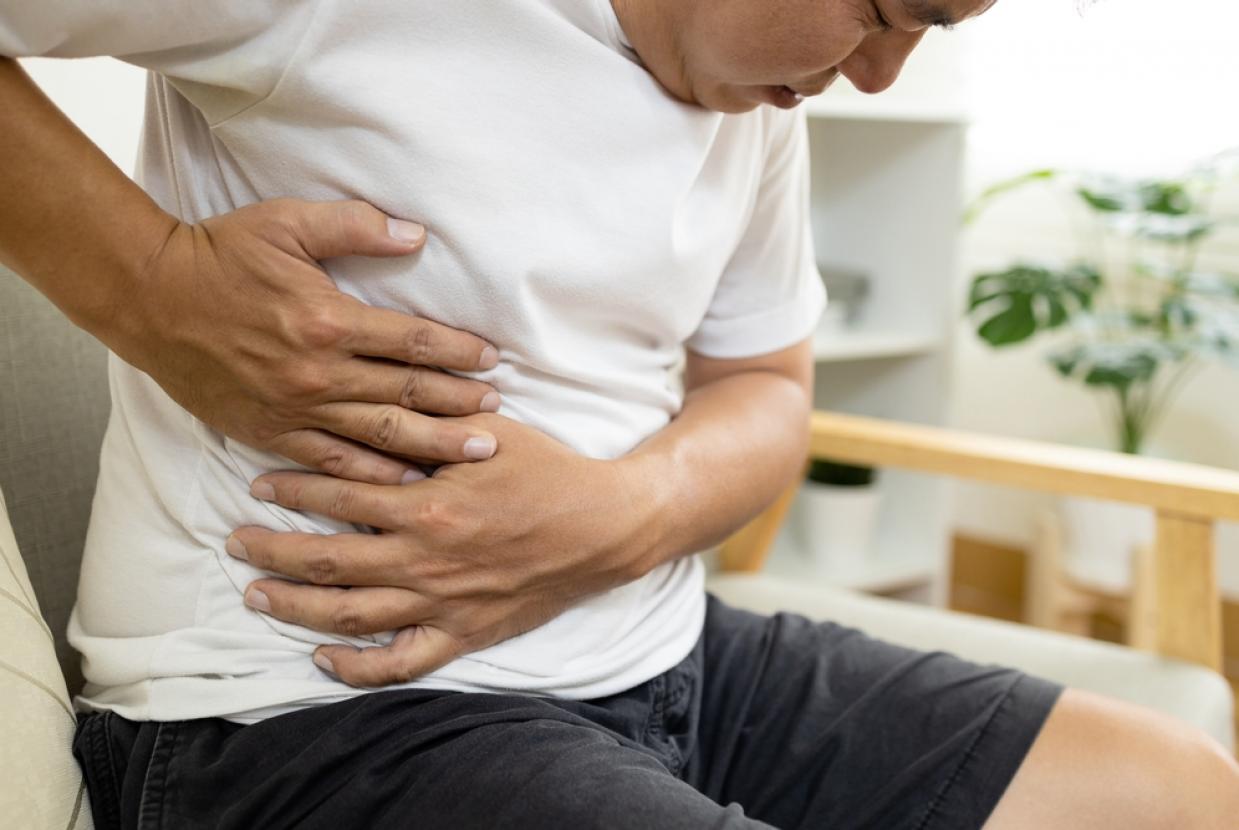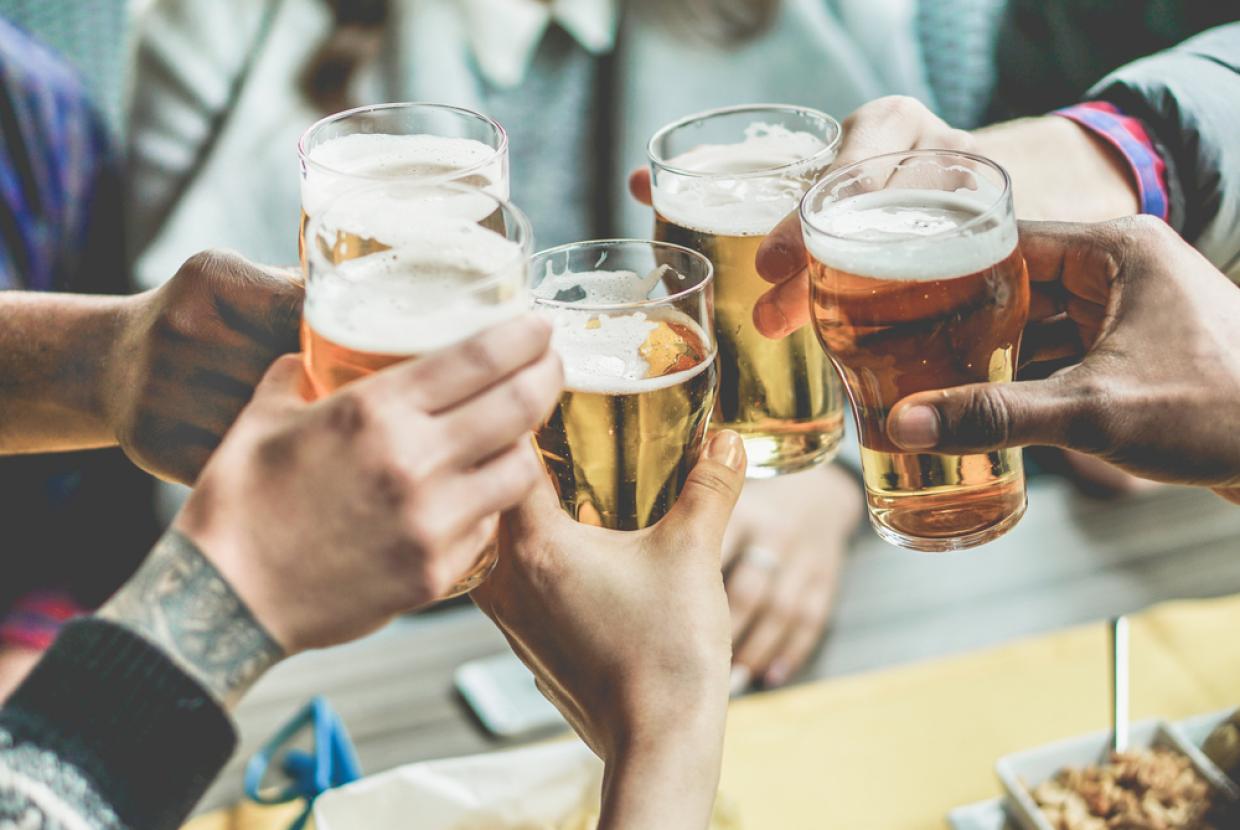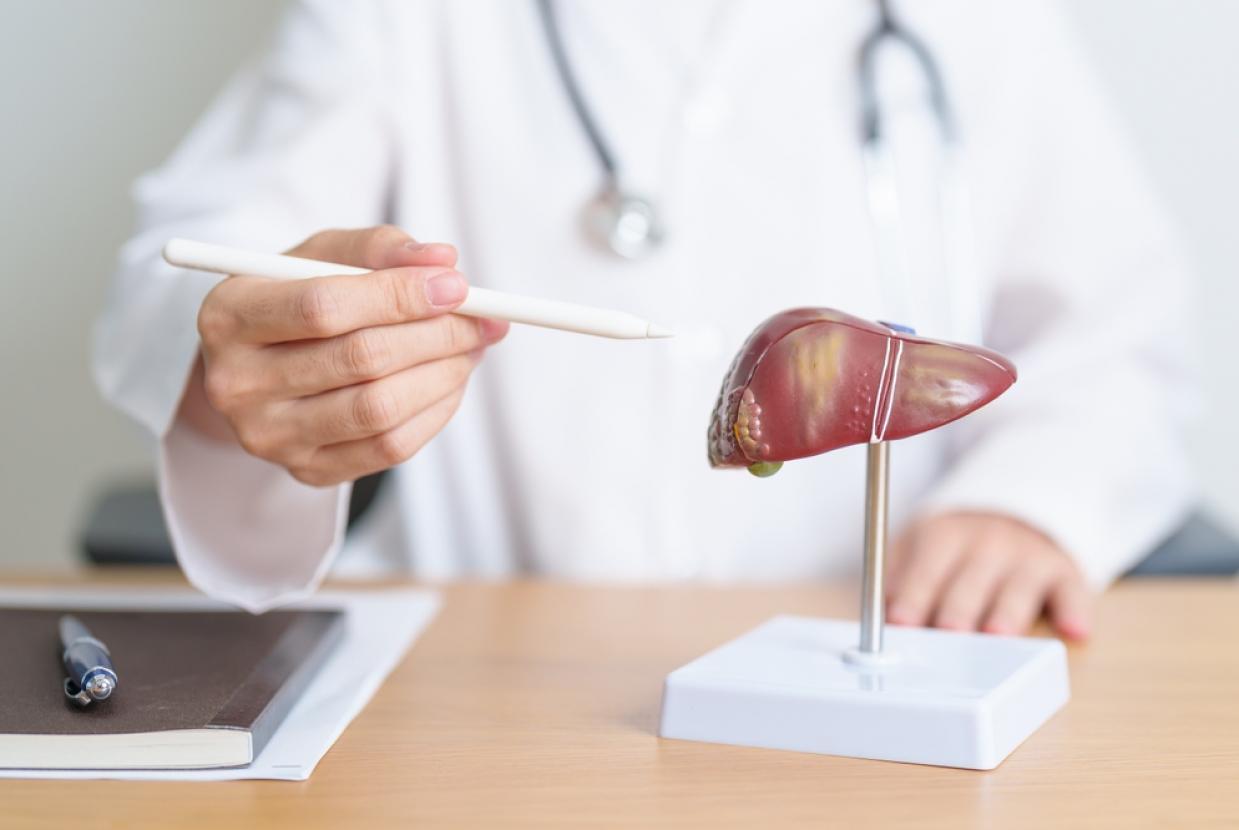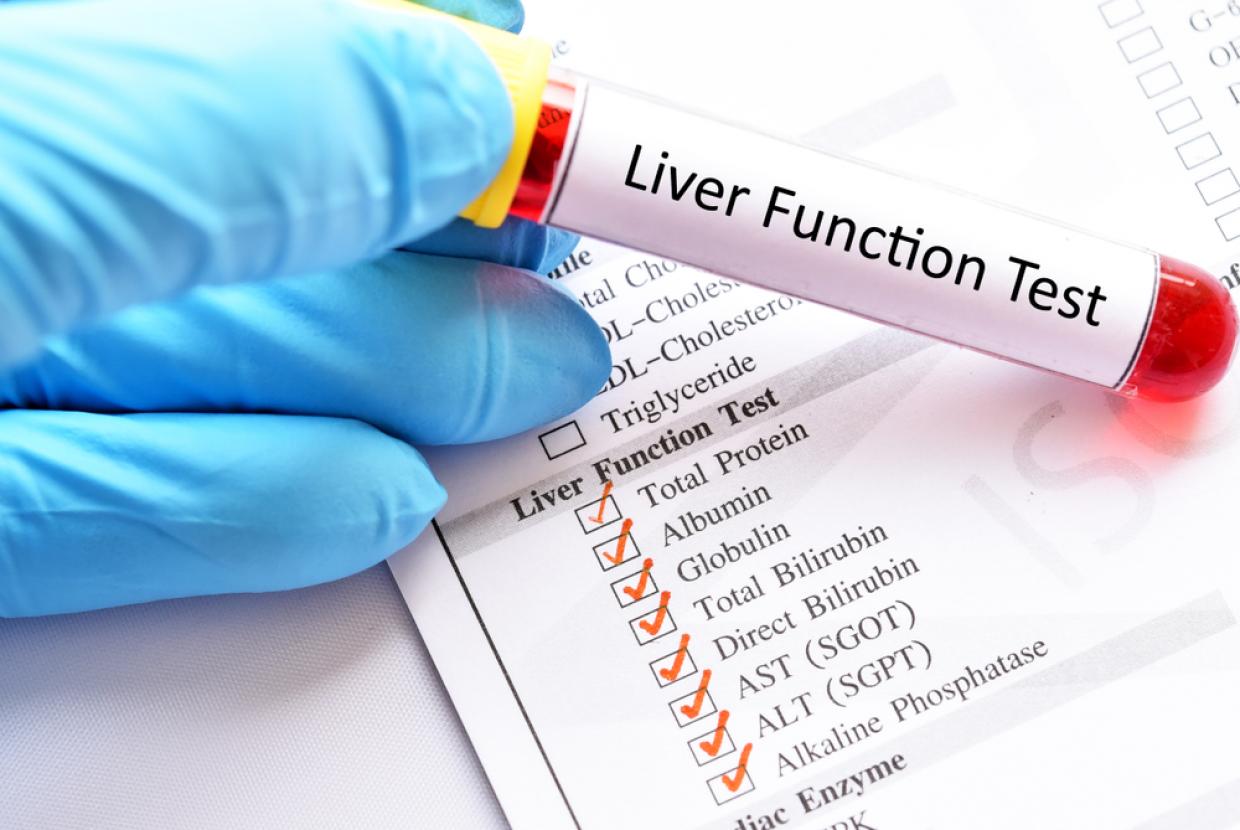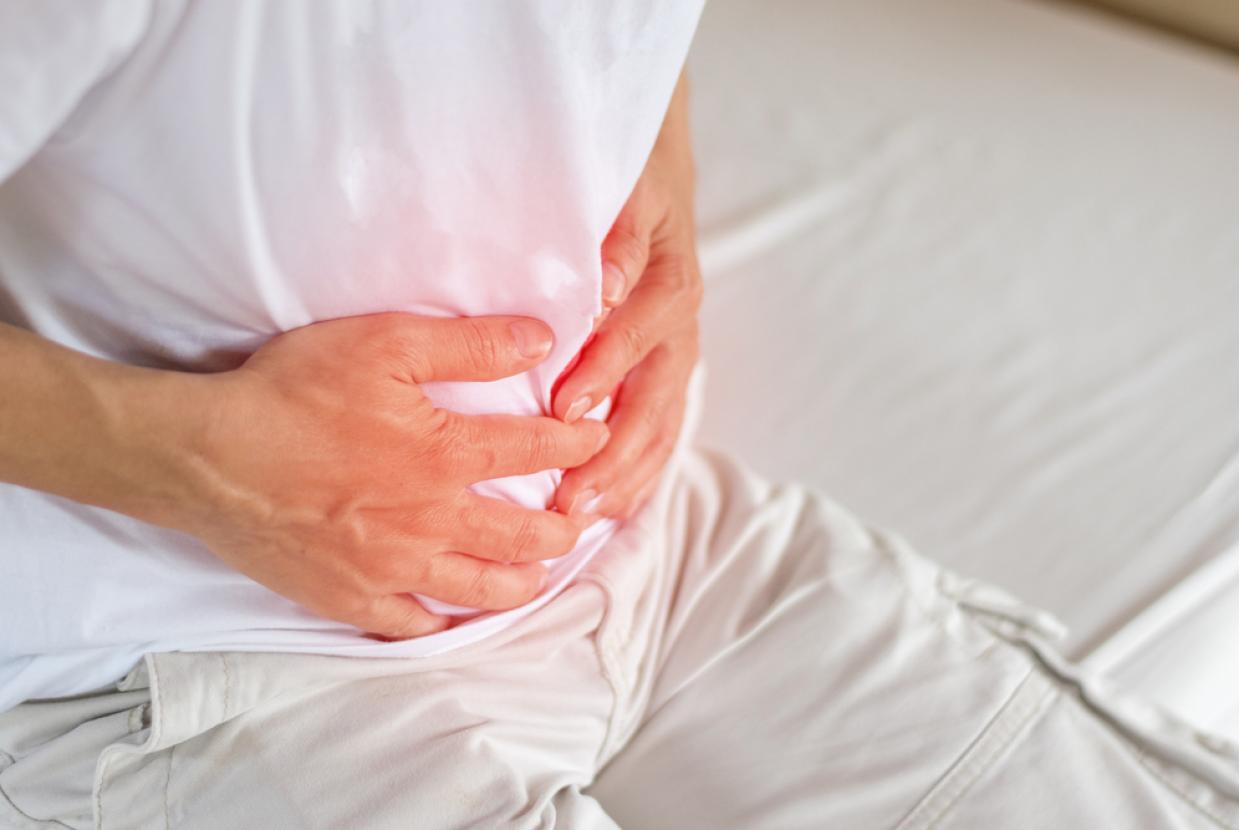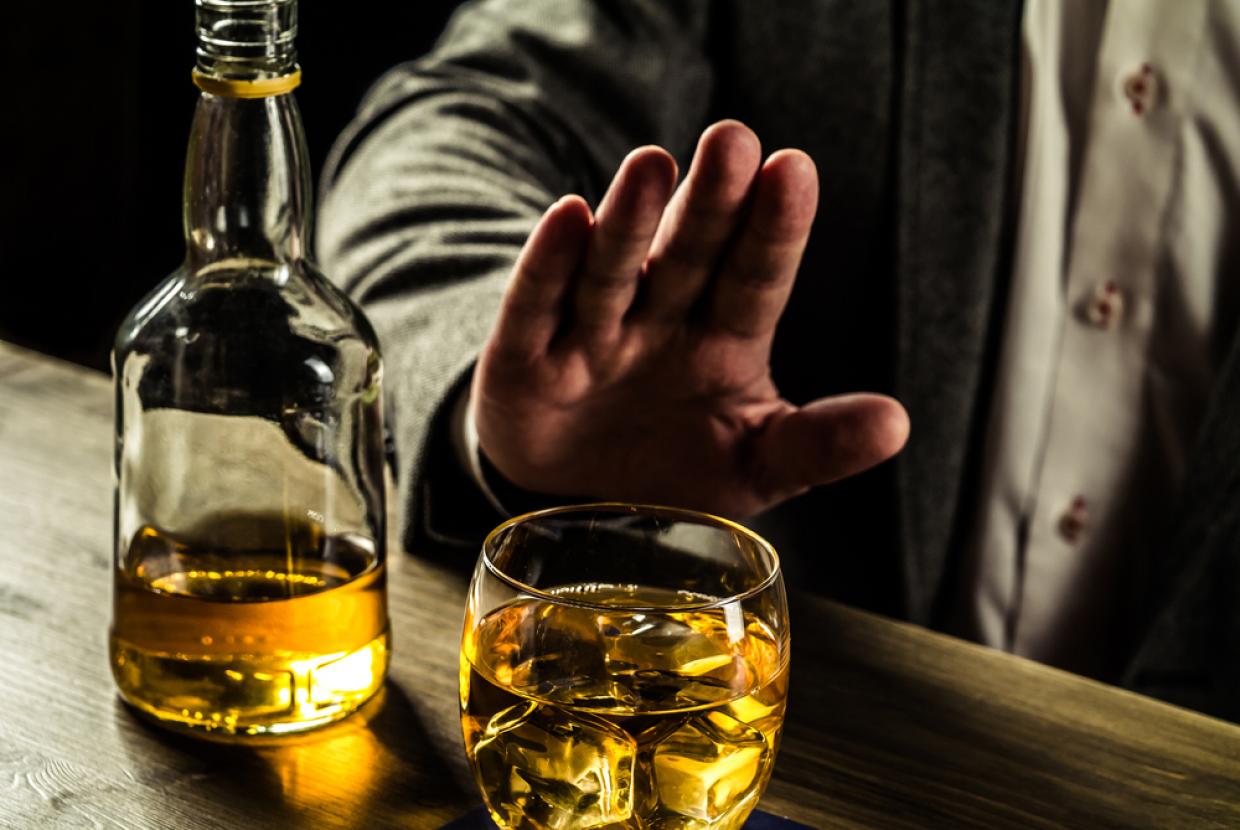Alcohol & Fitness
Alcohol Guidance / Get FitWhether you’re a fitness fanatic or an occasional gym-goer, it is important to understand how alcohol can impact your physical performance.
Alcohol and physical activity
Some research indicates that those of us who are physically active tend to drink above average amounts of alcohol. The reasons for this are not entirely clear, but they are likely linked to ideas of masculinity and peer influences (‘play hard, drink hard’ attitudes), and notions that we’ve ‘earned’ the right to drink heavily after vigorous exercise, or that we are immune from the negative effects of alcohol because we regularly exercise.
However, whilst regular exercise is a key component of a healthy lifestyle, drinking too much can affect our physical and athletic performance in the short-term, and increase the risk of developing alcohol-related health problems, such as liver problems and cancer, in the longer-term.
‘Sweating it out’
If we’ve had a big drinking session, for many of us our knee-jerk reaction is to hit the gym the following morning to ‘sweat off’ the excesses of the night before. However, no amount of exercise can reduce the effects of a hangover; it’s much better to rest and drink plenty of water rather than engaging in vigorous activity.
It’s also likely that our performance in the gym after drinking will be pretty underwhelming anyway. Alcohol makes our kidneys produce more urine, causing dehydration, which will only be made worse by exercising, resulting in reduced performance. Alcohol also interferes with the way we make energy: whilst our liver is busy breaking down the alcohol, it’s less able to produce glucose, meaning our bodies become more prone to tiredness.
If you are planning on working out, the best advice is to moderate your alcohol consumption the night before or avoid it altogether. Alcohol is also a depressant, meaning the positive mental effects of exercising, like improved mood and reduced stress, may be lost.
Drinking after exercise
Reaching for a can of beer or a bottle of wine post-workout can feel like a well-earned reward for a hard session, and there’s lots of research that suggests that good habits, like exercise, are more likely to be a regular fixture in our lives if we create a reward plan to help us to stick to our fitness goals.
But using alcohol as a reward is the wrong approach. In the first place, alcohol can be high in calories and also stimulates our appetite, meaning that if we’re exercising to lose weight or stay trim, drinking post-exercise may be counterproductive.
Secondly, and particularly within the first hour or two after exercise, our muscles will be in repair mode, yet research shows that alcohol can interfere with that vital process, thereby increasing the risk of injury.
Having an occasional alcoholic drink after a workout is unlikely to have a negative health impact, but the best advice is to drink plenty of water to reduce fatigue and muscle cramping. If you plan to drink, choose one with a lower ABV or, better still, try out some of the growing alcohol-free options available!


